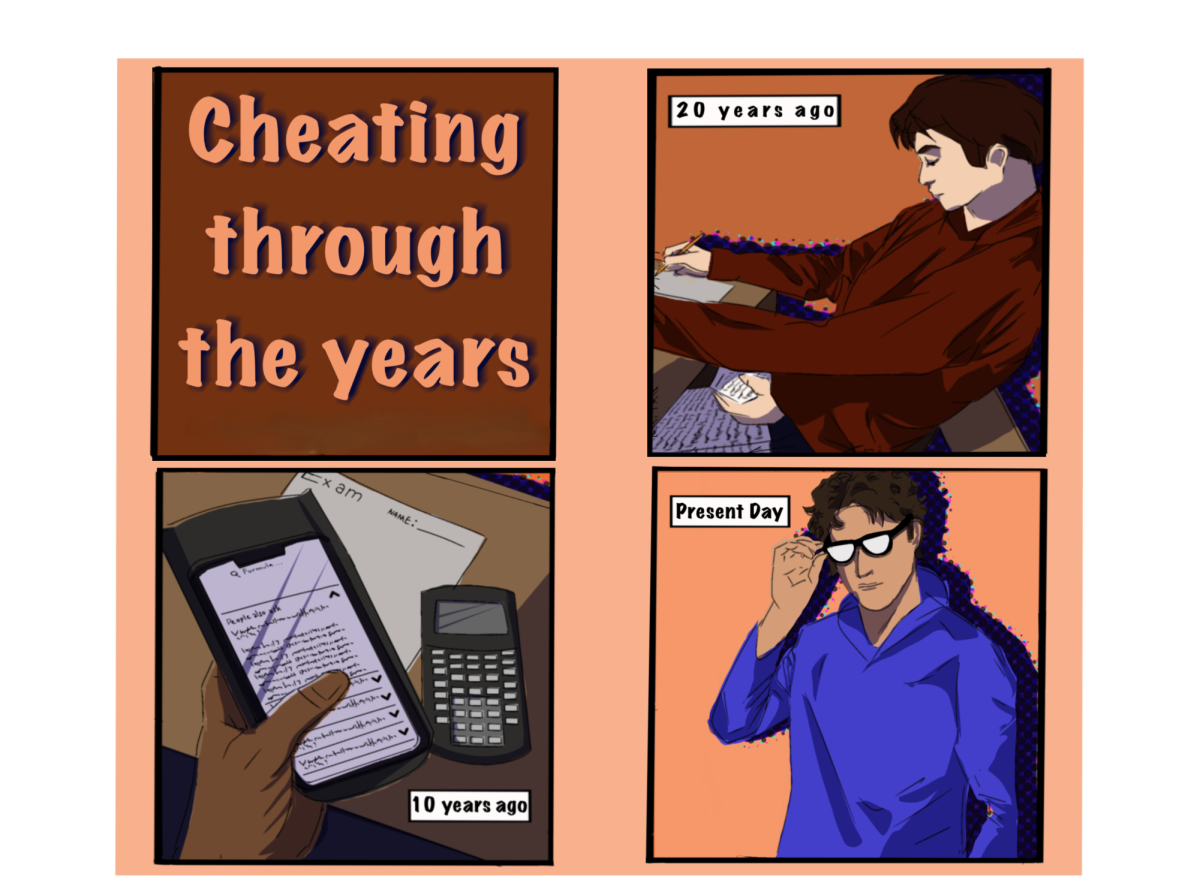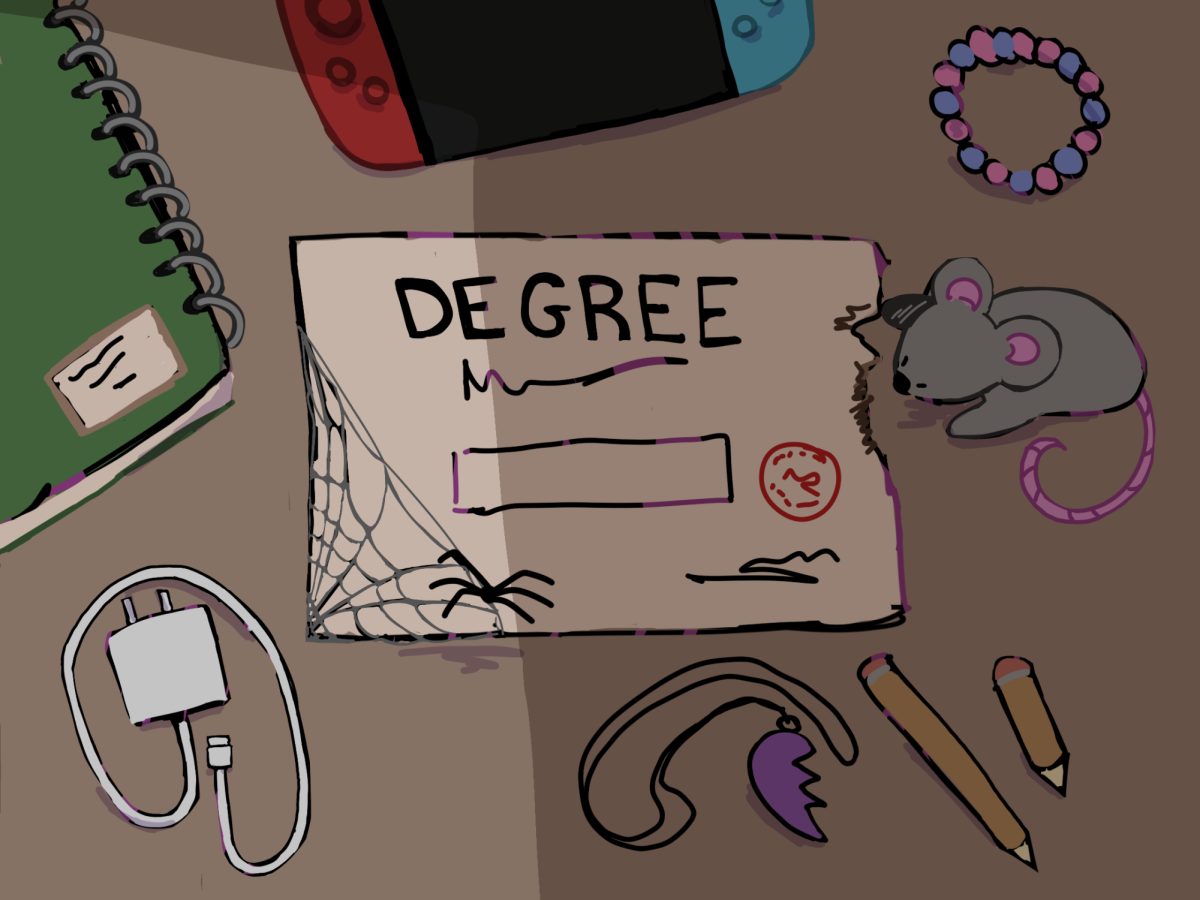Ever since the Internet was created, it had been an amazing source of collaboration, information and innovation.
People all over the world meet every day for work and play without uniform regulation across every website, forum, and board.
This lack of regulation is why the Internet has been so powerful, and the regulation of content should remain the responsibility and ability of the individual websites.
The United Nations has met behind closed doors to discuss how if, at all, governments should control and censor the Internet. While officials denied that censorship was on the agenda, some of the countries in attendance have maintained strong international policies of Internet restriction.
The Internet was neither invented by governments nor invented for governments, and it should not be placed under their jurisdiction. The Internet was built to be free, and should remain as such.
While no country in attendance was bound to obey any decisions made at this conference, it may have given some of the more restrictive countries, such as China, Saudi Arabia, or Cuba, justification in their actions to confine what may or may not be seen online.
In the United Arab Emirates, where this conference was held, laws have been passed that make it illegal to post callings for protests or insults of the ruler on social networking sites, according to thestar.com.
Wcitleaks.org also leaked that a proposal was on the floor, and under heated discussion, to give governments equal rights to manage the Internet, as much as any independent organization.
The reason such a decision is detrimental to the freedom of the Internet is governments can pass laws and prosecute citizens, while companies can only remove or deny their services.
While a few countries regulating the Internet may not seem very damaging to anyone but themselves, the Internet is a source of connection and cooperation. If one country creates strict rules, then those who try to connect with the Internet users in this country will fall under the same restrictions and laws.
Regardless of this meeting’s outcome, the U.N. should not make any decision that allows governments to control the Internet. By allowing governments to censor online content, the U.N. is allowing them to restrict the freedom or its citizens and limit the full potential of the Internet.


